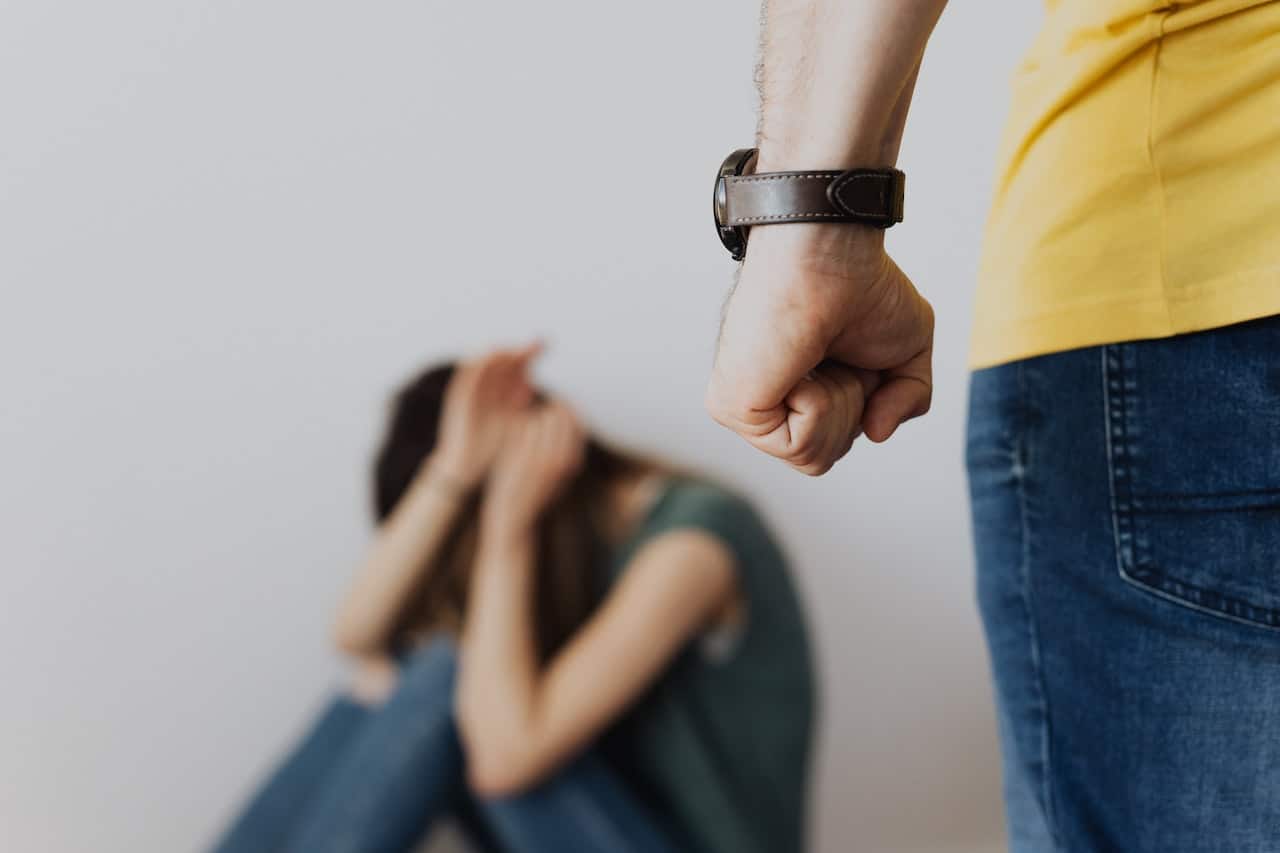Breaking Free from the Darkness of Partner Abuse
If you’ve found yourself in a relationship that leaves you feeling trapped, suffocated, or afraid? Have you experienced moments when your partner’s behaviour made you question your own worth, your sanity, or your ability to escape the darkness that seems to envelop you?
If you’ve ever had these thoughts or experienced any form of partner abuse, domestic abuse, or domestic violence, it’s crucial to know that you’re not alone, and there is hope for a brighter, safer future.
Abusive relationships often lead individuals to believe there is no way out, convincing some that they are powerless and isolated. The emotional and physical toll can be overwhelming, leaving victims in a state of fear, despair, and silence. But it’s important to remember that there is a way forward, a path to liberation from the chains of abuse.
The first step towards breaking free from an abusive relationship is recognising that you deserve better and that there is help available. You don’t have to go through this journey alone.
Seeking professional support from a therapist or counselor is a safe and confidential way to start your healing process. Trained professionals can provide you with the guidance, understanding, and tools you need to regain control over your life, while also respecting your privacy and confidentiality.
When you’re ready, they can assist you in formulating a plan to escape to a safe place, where you can begin to rebuild your life without fear.
In this article, we’ll explore the signs of abusive relationships, the emotions that often accompany them, and the steps you can take to break free from the shadows of abuse.
Remember, you are not alone, and there is help and support available right here.

I’m Paul Parkin – A therapist and life coach. This is why you should work with me:

I’ve helped lots of people who are being abused or are survivors of abuses to feel safe, to heal and be able to trust again. I use different counseling and coaching methods to find solutions that work in the now.
Online therapy is very convenient. You can get help from your home or even your car if you need that kind of privacy.
What some of my recent clients have said about our work together.
‘Paul has been such a huge help to me these past few weeks. He has listened & not judged. He has guided & encouraged me & shown me a way to change the ingrained patterns of my past. Patterns shaped when I was small by abuse & rejection. I am now choosing to react differently to situations.
It is not easy but I am beginning to understand myself and others more and to value myself. The road is just beginning but Paul has really set me on the right track & I will definitely come back to use his expertise again in the future if I feel I need it. ‘Thank you’ doesn’t really cover it as a phrase!‘
Reby, UK
In very simple terms, working with Paul, he has saved both my marriage and myself, his ability to strip away the layers of life and the trauma which had clouded my mind and perception, has produced a clear vision and a direction for my life now and for the future.
It’s a tough road to travel but a rewarding journey, Paul was there for me throughout and at my pace.
Getting your own journey started is the hardest part and to this end anyone considering engaging with a counsellor, I would recommend Paul to all.
Thank you Paul
Julian, USA
